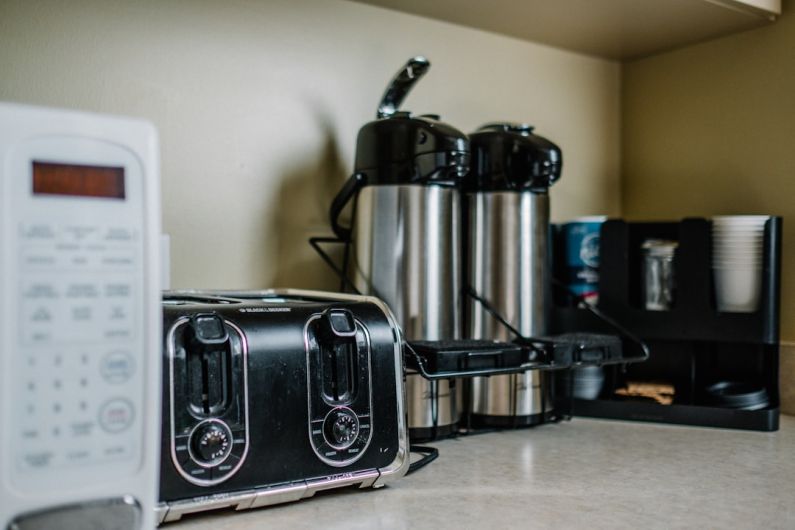How Do Induction Cooktops Compare to Traditional Stoves?
Cooking is an essential part of our daily lives, and having the right cooking equipment can make a significant difference in the overall cooking experience. When it comes to choosing between induction cooktops and traditional stoves, there are several factors to consider. In this article, we will explore the key differences between these two cooking options.
Efficiency and Speed
One of the most significant advantages of induction cooktops is their efficiency and speed. Unlike traditional stoves that use gas or electric heating elements, induction cooktops use electromagnetic fields to generate heat directly in the cookware. This means that the heat is produced more quickly, resulting in faster cooking times.
Induction cooktops also offer greater precision in temperature control. The heat is instantly adjustable, allowing for immediate changes in cooking temperature. This level of control is particularly beneficial for delicate dishes that require precise temperature management.
Safety
When it comes to safety, induction cooktops have a clear advantage over traditional stoves. Since the heat is generated directly in the cookware, the surface of the induction cooktop remains cool to the touch. This significantly reduces the risk of burns and other accidents in the kitchen.
Furthermore, induction cooktops are equipped with sensors that can detect whether cookware is present on the surface. Without compatible cookware, the induction cooktop will not activate, further minimizing the risk of accidental burns.
Cleaning and Maintenance
Cleaning and maintaining a cooktop can be a time-consuming task. Traditional stoves often have burners and grates that need to be removed and cleaned separately. On the other hand, induction cooktops have a smooth, glass surface that is easy to clean with just a wipe.
Additionally, since the heat is generated directly in the cookware, spills and splatters are less likely to burn onto the surface of the cooktop. This means less time spent scrubbing away stubborn stains.
Energy Efficiency
In today’s world, energy efficiency is an important consideration for many consumers. Induction cooktops are known for their energy efficiency due to their ability to heat cookware directly. Traditional stoves, on the other hand, lose a significant amount of heat to the surrounding environment.
Induction cooktops also have a faster response time when it comes to adjusting the heat, which means less energy is wasted during the cooking process. This can lead to lower energy bills over time.
Compatibility and Cost
While induction cooktops offer many advantages, it is essential to consider their compatibility with cookware. Induction cooktops require the use of magnetic cookware, which means that not all types of pots and pans will work on these surfaces. However, many manufacturers now offer induction-compatible cookware, making it easier to find suitable options.
When it comes to cost, induction cooktops are generally more expensive than traditional stoves. However, the energy savings and long-term durability of induction cooktops may offset the initial investment.
In conclusion, induction cooktops offer several advantages over traditional stoves. They are efficient, safe, easy to clean, and energy-efficient. However, it is essential to consider compatibility with cookware and the initial cost when making a decision. Ultimately, the choice between induction cooktops and traditional stoves depends on personal preferences and cooking needs.






